QuestionI have two English Mastiffs. For approximately two months they have had intermittent bouts of diarrhea. We have modified their diets to include only kibble, rice, boiled chicken....they have been given several anti-diarrheal medications, some de-worming medications...nothing seems to be working........the last fecal tests revealed "fungal hyphae" the Vet however did not seem to know the significance of this.......all other parasite/bacteria have been ruled out.....Any suggestions?
AnswerHello Aaron -
Fungal infections are very difficult to diagnose and there are a few of them. Fungus can be found anywhere and everywhere, even on our skin. Without knowing more about your pet's environement, exams and other medical factors I cannot be really sure. Howevere from what you have described, it sounds as though your pet's may have a fungal infection called Pythiosis.
Pythiosis is fairly uncommon and often fatal fungal infection that occurs in dogs, and rarely in cats. In dogs, it is generally contracted when animals with open sores drink, stand, or swim in stagnant water. It is caused by the aquatic mold Pythium insidiosum. Pythium is found in stagnant water throughout the southern United States, particularly around the Gulf Coast region. Although it can be found in many lakes that lay stagnant with little water flow anywhere.
Worldwide, in dogs, the gastrointestinal form of the disease is most common. Dogs may vomit, have diarrhea, and weight loss. Often a mass can be palpated in the abdomen. The skin or subcutaneous form of the disease is less common. It is more likely to occur in dogs and cats living in the southeastern United States. Pythium enters the tissue of the animal through open sores or wounds. The infections appear as large swollen nodules that will ulcerate and drain. The lesions are the most common on the legs, head, and at the base of the tail. The lesions may itch and are often confused with other granulomatous conditions.
Infections with the Pythium fungus can be difficult to diagnose. Occasionally, the organism can be identified by taking swabs or biopsies and then identifying it under the microscope. Material from swabs and biopsies can also be cultured in the laboratory. However, pythiosis is often diagnosed after all other diseases have been ruled out. Researchers are attempting to develop a blood test to aid in the diagnosis of this disease.
There are not many medications that can be given for this and most topical anti-fungals do not work well. Your pet's have a very good diet and in addition to it I would add supplements of Probiotics such as Acidolphilus.
Probiotics are the living cultures found in yogurt. They help to maintain, produce and support the good bacteria found in the gut. Bacteria, infections, viruses and fungi kill these bacteria and allow for poor digestion. By adding this to your pet's diet you will help increase the good levels of bacteria and allow for better digestion and will help to keep the good bacteria on the high side which may help to keep the fungi level low. You can purchase Probiotics as a capsule in most pet stores or you can give them the "human" form. If your pet is not a pill taker, you can give them a container of plain yogurt daily, it will work the same way.
You may also want to add Garlic powder to their food. Garlic is an anti-microbial and helpd to fight and kill bacteria and infections present. Don't be afraid to sprinkle it with a heavy hand, dogs love the taste and they should eat it up right away. The only draw back to adding Garlic to the food is flatulence. It may be a litle stinky but the Garlic is doing it's job by pushing the bacteria through the system. Just keep a couple clothes pins handy! This is safe and effective treatment for daily and long term use.
If your dog's have lesions on the skin, apply a thin coat of Tea Tree Oil. This is an antiseptic and anti-microbial and will cleanse the area. It will also kill bacteria and will allow for better healing.
Also consider adding aplle cider vinegar to your pet's food. This will help internally cleanse your pet's GI tract and will help kill bacteria, fungus or infection present.
Colloidal Silver is the best natural anti-biotic available to man and beast. There is a lot of information about this online, if you have the time look into it. I make it myself and use for a wide array of ailments in humans and animals with much success. This would really benefit your dogs. It will help kill the fungus and will hopefully rid it from their systems. It may take some time but with all the remedies above and the Colloidal Silver your pet's will have a better chance of getting back to a normal life.
I hope this information has helped you and your pets.
If you would like information on natural and herbal remedies for human and animal concerns please contact me at wintersaurora@yahoo.com and I will be happy to assist you. I also offer a catalog of home made herbal remedies which I can send to you as well.
Thank you and best wishes to you and your pet. Please keep me posted on their conditions.
Sincerely,
Sharon Hubbs, AHG
Certified Natural Health Consultant & Herbalist

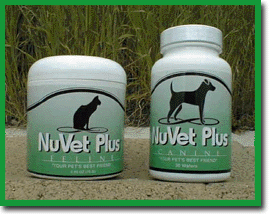 My Pregnant itchy Bulldog; crusty bulldog folds; cleaning bulldog face and folds; itching and scratching nuvet plus pet tabs:
My Pregnant itchy Bulldog; crusty bulldog folds; cleaning bulldog face and folds; itching and scratching nuvet plus pet tabs:
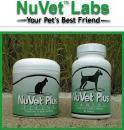 Allergies Boston Terrier NuVet Plus supplements;
Allergies Boston Terrier NuVet Plus supplements;
 Natural treatment for possible feline fungal infection
Natural treatment for possible feline fungal infection
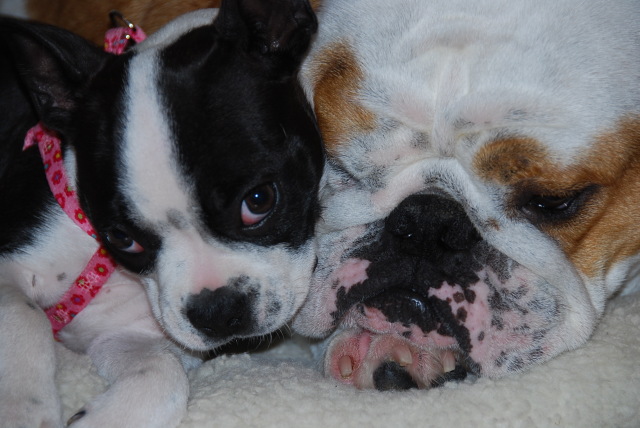 French bulldog does great with Probiotics and the NuVET!!!
French bulldog does great with Probiotics and the NuVET!!!
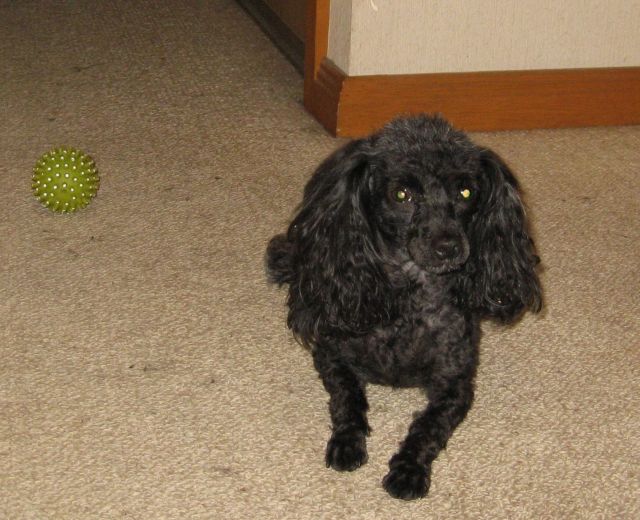 autoimmune deficiancey
autoimmune deficiancey
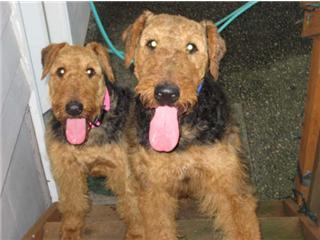 fear,nerviousness and medicine
fear,nerviousness and medicine
 French bulldog does great with Probiotics and the NuVET!!!
QuestionHello I wrote you before concering my french bu
French bulldog does great with Probiotics and the NuVET!!!
QuestionHello I wrote you before concering my french bu
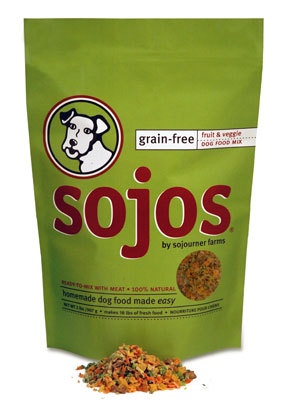 llasa apso male with joint back pain ; nuvet supplements ; sojo home cooking ;
QuestionHello and thank you so much for helping me. &nb
llasa apso male with joint back pain ; nuvet supplements ; sojo home cooking ;
QuestionHello and thank you so much for helping me. &nb
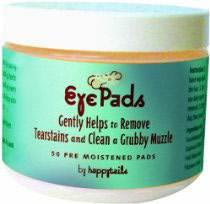 White dog Tear Stains ; NuVet - Shih Tzu tear stains;
QuestionI get him an allergy shot once a month, but it
White dog Tear Stains ; NuVet - Shih Tzu tear stains;
QuestionI get him an allergy shot once a month, but it
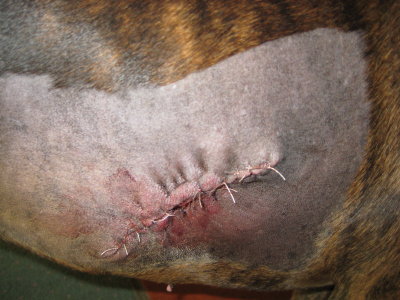 tumors in our boxer dog;
QuestionEmmies wounds
QUESTION: Hi Marie
We are
tumors in our boxer dog;
QuestionEmmies wounds
QUESTION: Hi Marie
We are
 Blasto in my dog
Question
Griffin Douglas
Hello, I have a seven y
Blasto in my dog
Question
Griffin Douglas
Hello, I have a seven y